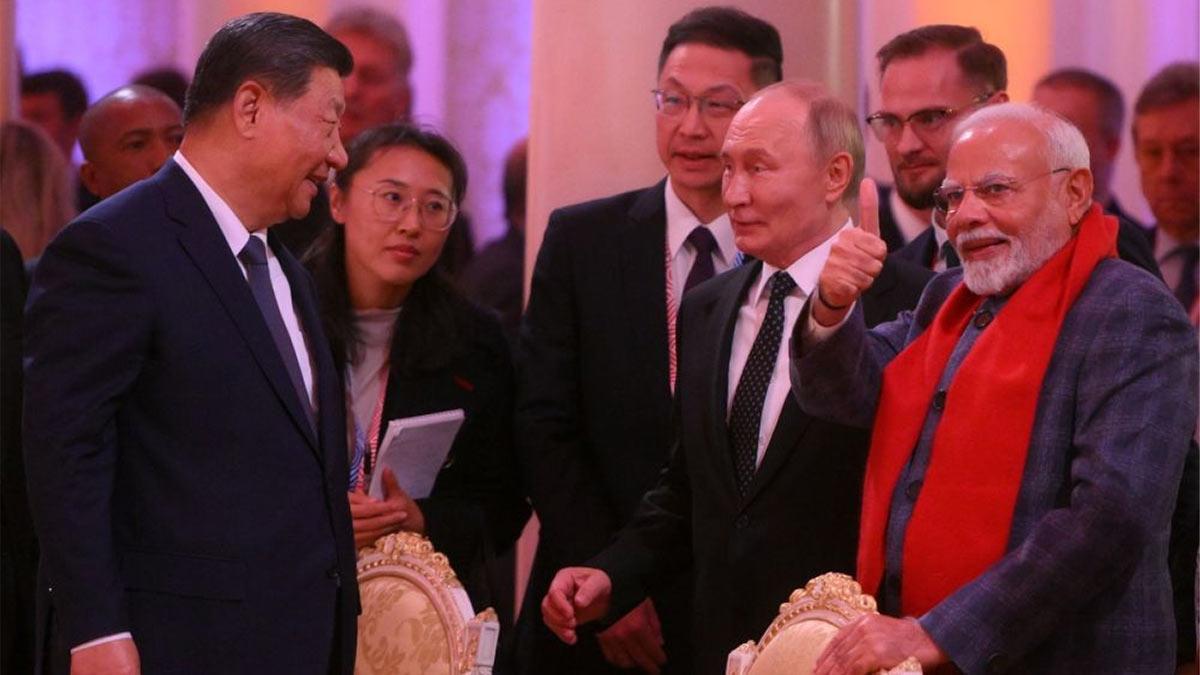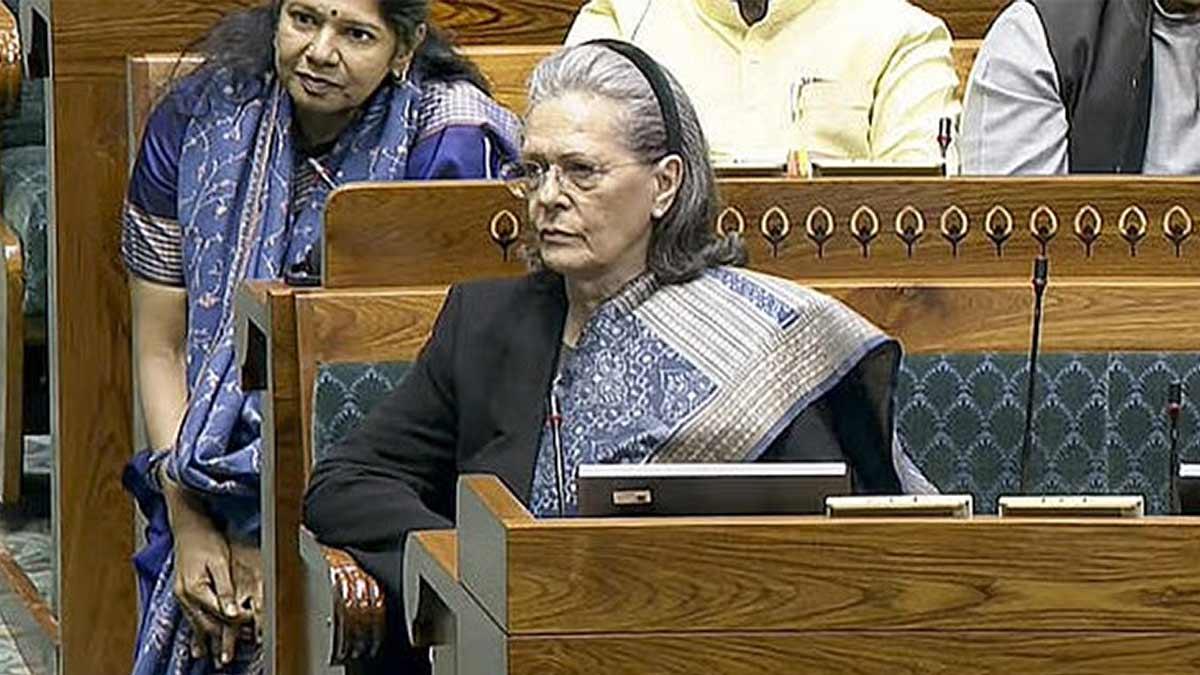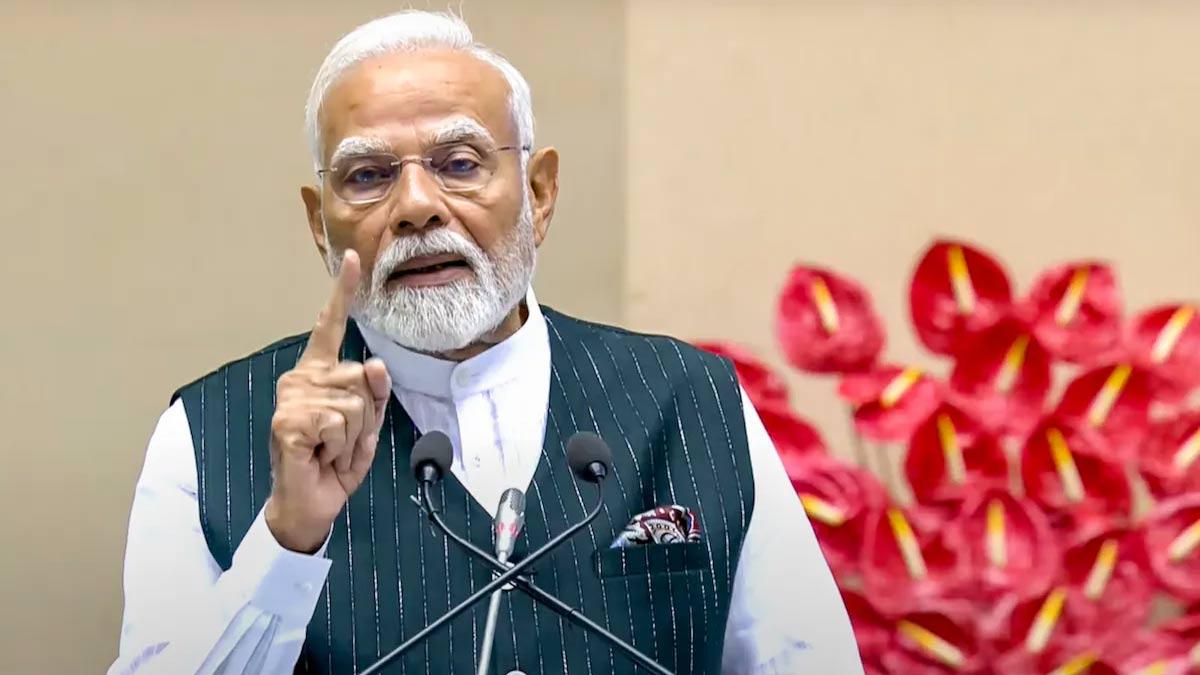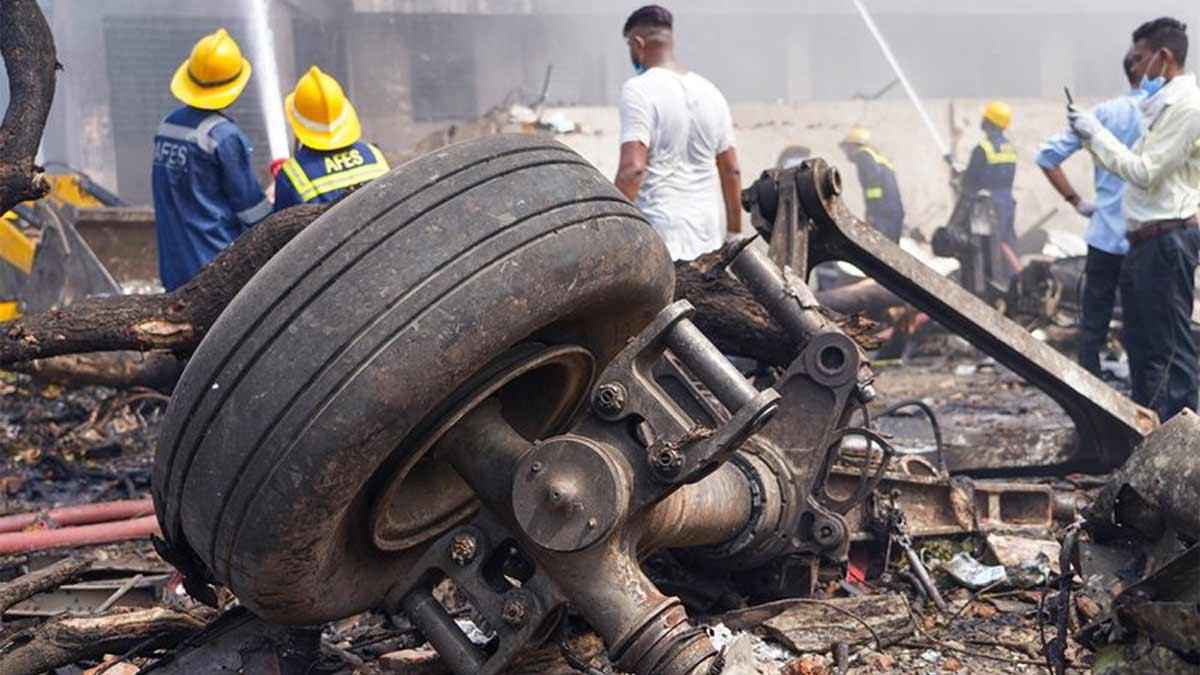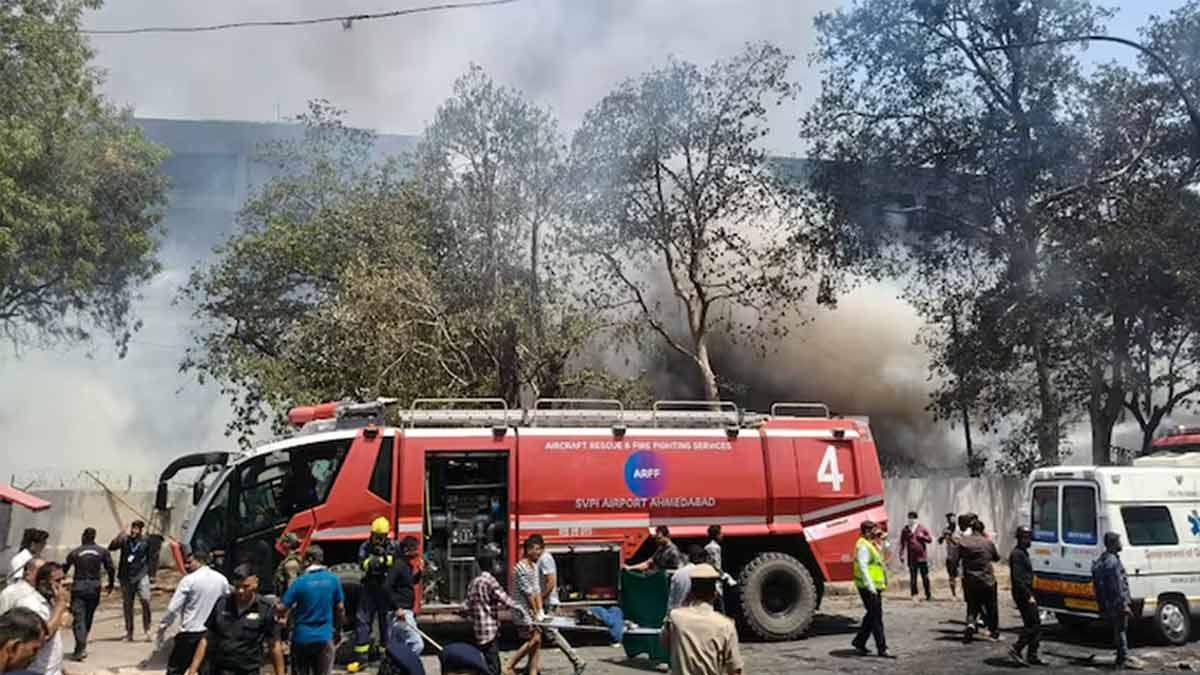In another sign of improved relations between the two countries, a Chinese diplomat on Thursday congratulated India's ascension in the Asia Power Index published last year.
"India has become the 3rd most powerful and influential nation in Asia, following the US and China," Yu Jing, Chinese Embassy spokesperson in India, wrote on X, citing Australia's Sydney-based Lowy Institute's 2024 Asia Power Index.
The report, published in September 2024, ranked India as the third-most powerful nation in Asia, trailing only the United States and China. It highlighted India’s significant advancements across multiple categories, particularly in Diplomatic Influence, which saw a notable rise due to Prime Minister Narendra Modi’s increased global engagements.
As India surpassed Japan to claim the third position in the index, several leaders credited this achievement to PM Modi’s strategic vision and proactive international policies.
"India's rise is no accident. This is the direct result of Prime Minister Modi's aggressive diplomatic strategy and his bold ambitions to reshape India's place in the world. Without his leadership, India would still be languishing behind, but today, we see a nation on the verge of superpower status," stressed Union Minister of Petroleum and Natural Gas, Hardeep Singh Puri.
The Asia Power Index, developed by the Lowy Institute, is derived from eight indicators of power, 30 thematic sub-measures, and 131 indicators. It assesses 27 countries and territories on how well they are able to shape their external world, across a geographic area as far west as Pakistan, north to Russia, and out to the Pacific, including Australia, New Zealand, and the United States.
The government of India credited the nation's improvement in the rankings to three main reasons: strong economic growth, bright future potential, and a widening diplomatic presence on the international scene.
"Prime Minister Narendra Modi's leadership has gained greater international recognition. India's non-aligned strategic position has made it possible for New Delhi to effectively navigate complex international waters. India ranked sixth in terms of diplomatic interactions in 2023, reflecting its active participation in multilateral forums," the Ministry of Information and Broadcasting said, last year.
India's relations with China, once tense, seem to be on an upward swing ever since Prime Minister Narendra Modi held a meeting with Chinese President Xi Jinping in Kazan in October 2024.
In the recent diplomatic contact last month, Foreign Secretary Vikram Misri made a trip to Beijing to attend the meeting of the Foreign Secretary-Vice Foreign Minister mechanism on January 27.
During the talks, both countries not only agreed to restart the Kailash Mansarovar Yatra in the summer of 2025 but also, in principle, also agreed to restart direct air services between India and China.
Analysts believe that the Chinese diplomat’s recent social media post could be part of a broader strategy by both countries to leverage 2025—the 75th anniversary of India-China diplomatic ties—as an opportunity to enhance public diplomacy, foster greater mutual understanding, and rebuild trust among their citizens, as outlined during Misri’s visit to Beijing.
Read also| Rishi Sunak Praises PM Modi’s Vision for India: ‘Always Exciting to Hear'
Read also| Prayagraj DM Dismisses Rumors of Maha Kumbh Date Extension

